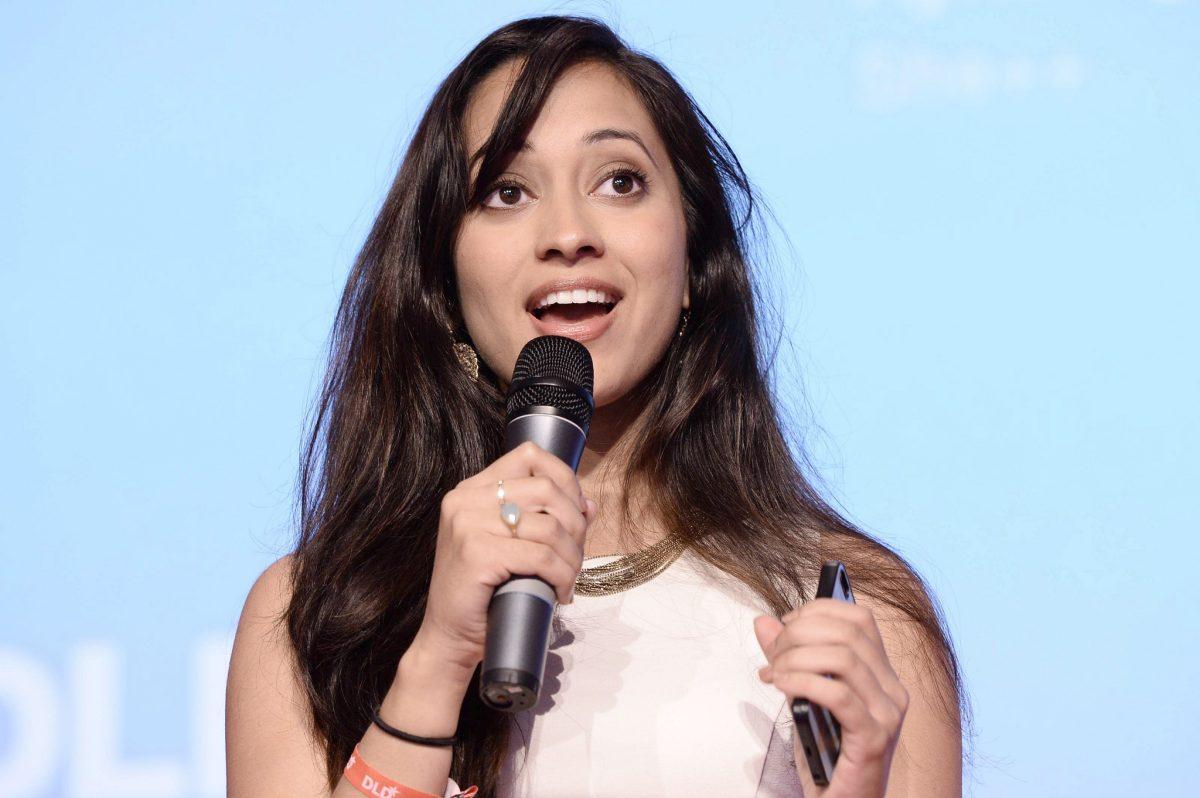Panel members from Women in Computer Science and NCSU Libraries discussed the declining number of first-year female undergraduate students in computer science majors, which they fear may lead to a lack of innovation and diversity in the field on Tuesday.
First-year female undergraduate are not showing much interest in computer science majors, as the number of female students decreased by 79 percent between 2000 and 2011, according to a panel discussion Tuesday.
The event began with a documentary, She ++, which was created by two female undergraduate students from Stanford University. It featured women who were involved in organizations such as Google, Yahoo, Facebook and Pinterest.
According to the documentary, American businesses need 1.4 million workers in computer science, but only 30 percent if those positions will be filled.
The women who appeared in the documentary said that the course, “Intro to Computer Science,” is known as a “weeder” class because it intimidates women. They said that the difference between men and women who take this course is that women blame themselves for not understanding the material while men will blame the course.
At N.C. State, only 12 percent of female undergraduate students are majoring in computer science, according to Lina Battestilli, a teaching assistant professor in computer science-engineering.
A panel, consisting of Sarah Heckman, teaching assistant professor at NCSU, Tiffany Barnes, associate professor in computer science-engineering, Melanie Donny-Clark, senior software engineer at Google, and Andrea Villanes, a recent graduate and former WiCS officer, discussed the film’s concepts.
Villanes said women bring a different perspective to computer science because they think about their community when it comes to developing new products. She noted the importance of targeting girls early to get them interested in the computer science field.
Battestilli has held summer camps at N.C. State for younger girls and boys to create apps. She said she noticed that the boys are more likely to create apps pertaining to games, but the girls wanted to create educational apps.
“You need diverse people for different perspectives,” Barnes said.
Another reason the panel members suggested that women were not interested in computer science is that people in the industry are stereotyped as anti-social.
However, Donny-Clark said women shouldn’t be deterred from the field because there’s no way to generalize everyone interested in computer science.
“It’s fun,” Donny-Clark said. “Women shouldn’t miss out on it because it’s not a ‘girl thing.’”
Heckman said the stereotype would change if pop culture would embrace computer science as a career for everyone.
They also described it as a very creative field and anyone at any age can start in it.
“There is a need for images that show computer science as a great field to be in.” Heckman said.
The panel members said they believed that computer science wasn’t taught in schools early enough.
However, N.C. State has a program called Students and Technology in Academics, Research and Service, a nationally funded program, that tutors and mentors students in computer science programs.
Battestilli said a problem pertaining to computer science is that it requires logical thinking, which can be frustrating at times and said 80 percent of her students in Intro to Computer Science were worried about not understanding the concepts.
At the end of the event, members offered participants ways of getting involved and suggested joining WiCS, STARS, and helping high school summer camps to help spark interest in the field.








